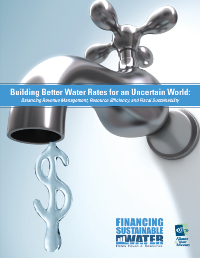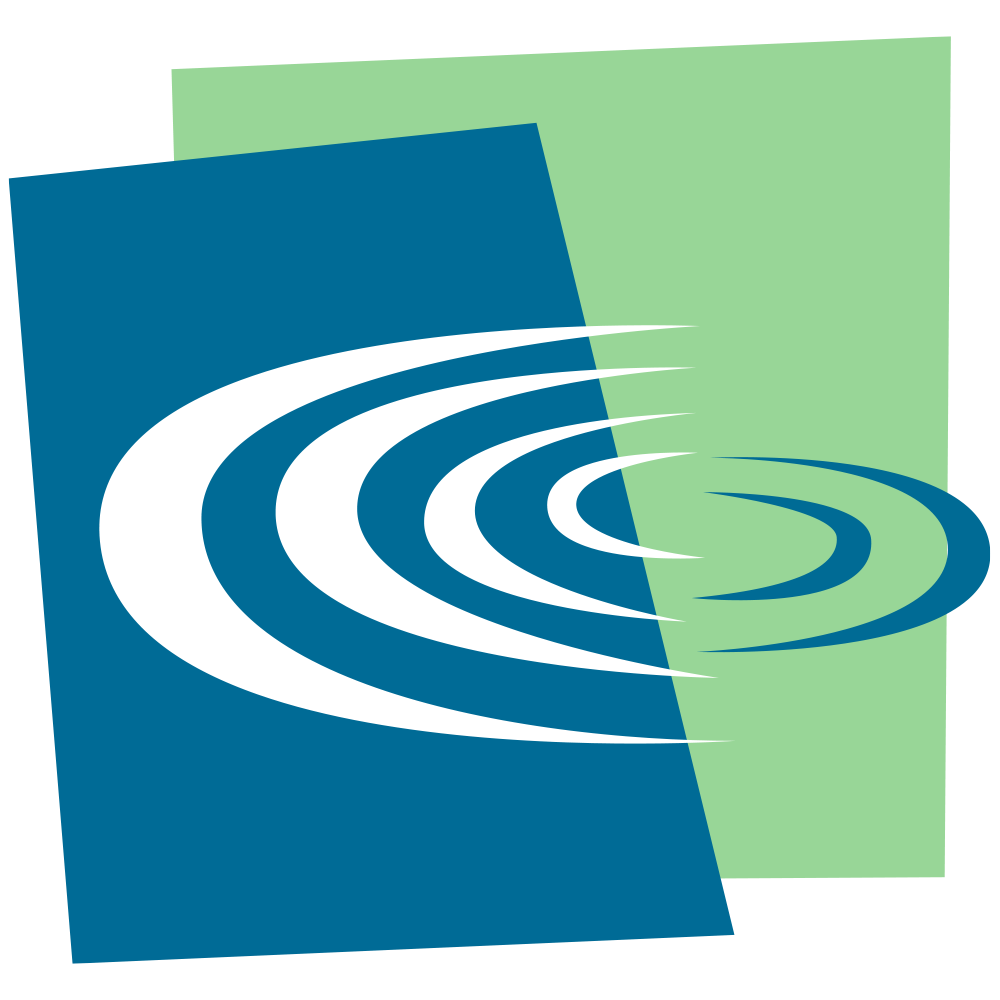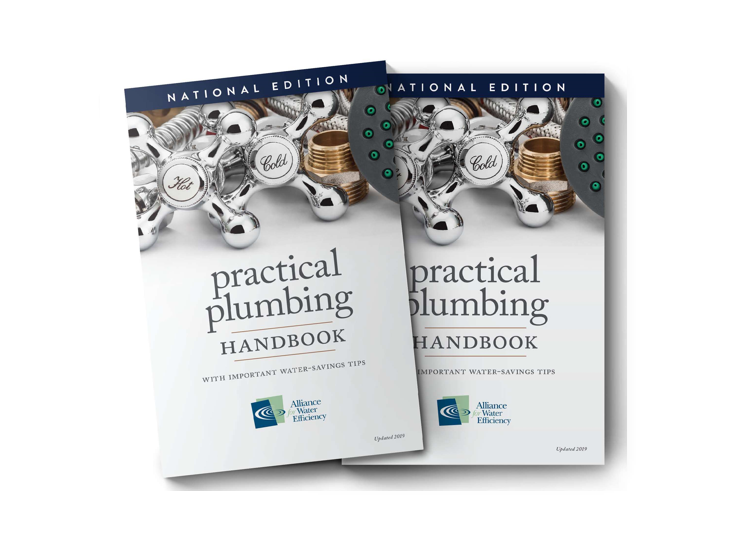Water utilities frequently need to implement water efficiency and conservation programs due to things like severe drought, changes in climate and rainfall patterns, and growing demands for water. In addition to these benefits, water efficiency also saves utilities and their customers money in the long run. Consider four case studies from Gilbert, AZ, Tucson, AZ, Los Angeles, CA and Westminster, CO show how utilities avoided costs and rates that are lower compared to what they would have been had new facilities been built that water conservation helped avoid.
But in the short term, there are revenue impacts utilities must consider when implementing water efficiency and conservation programs. Water ratemaking is a complex analytical endeavor composed of many building blocks, each of which needs to be addressed before a utility can model and select a successful rate structure. Such critical steps as demand forecasting, carrying out a cost-of-service analysis, determining revenue requirements, and identifying objectives cannot be undervalued. Only after completing them can rate setters undertake the exercise — or art — of designing a rate structure and evaluating it against multiple scenarios to determine its effectiveness.
 AWE and its partners developed a handbook titled “Building Better Water Rates for an Uncertain World” that provides the background and concepts needed to develop, evaluate, and implement an effective rate structure. This handbook supports water efficiency and revenue sustainability in the short term and enables utilities to realize the many long-term benefits of water efficiency, including avoided cost savings. This guide provides the latest thinking, guidance, and real-world examples on the following topics:
AWE and its partners developed a handbook titled “Building Better Water Rates for an Uncertain World” that provides the background and concepts needed to develop, evaluate, and implement an effective rate structure. This handbook supports water efficiency and revenue sustainability in the short term and enables utilities to realize the many long-term benefits of water efficiency, including avoided cost savings. This guide provides the latest thinking, guidance, and real-world examples on the following topics:
- Ratemaking Principles and Concepts
- Steps for Building a Better (Efficiency-Oriented) Rate Structure
- Implementing an Efficiency-Oriented Rate Structure
- Public Engagement and Communications
- Financial Policies and Planning for Improved Fiscal Health
Download Building Better Water Rates for an Uncertain World
Additional Resources
AWE has also developed multiple resources to help utility managers design, evaluate, and implement efficiency-oriented rates.
- Sales Forecasting and Rate Model: A user-friendly analytical tool that explicitly models the effects of uniform, block, and seasonal rate structures. User Guide Included. Learn more.
- Rate Model User Guide: A reference guide explaining the purpose of the model, system, and software requirements and how to set up and use the model to design and evaluate water rate structures. Download Here
- Handbook Appendices: A thorough examination and detailed technical background of costing methods, demand forecasting, and revenue modeling. Learn more.
- Communications: Tools and resources to help water managers communicate with customers and other stakeholders about rate changes and the value of water. Learn more.





